Indexing Instructions
This text is primarily for information on how QLIT is used in Sweden. Subject headings are in this text translated to English for better understanding of the purposed use of QLIT.
Queerlit serves as both a bibliographic database and a thesaurus for indexing literature with LGBTQI themes, the thesaurus is named QLIT (Queer Literature Indexing Thesaurus). The thesaurus is integrated into Libris XL and can be used there, but it is also freely available for use in other systems. All terms in QLIT come with a description of how they are intended to be used; please read the description to determine if the subject term aligns with the work you are indexing.
To use the thesaurus in Libris XL, the following general instructions from KB apply: Literature in Libris should primarily be indexed with SAO, Svenska ämnesord (Swedish subject terms), or Barnämnesord (Children’s Subject Headings) for children and youth literature. If you wish to use a term found in QLIT that is too narrow for SAO or has been proposed for Swedish subject terms but rejected, QLIT can be used instead. For more information, refer to Svenska ämnesord.
QLIT is primarily designed for use with fiction but can also be applied to non-fiction literature.
Search for terms that fit
Our subject terms often have various alternative terms. Start by searching for the terms you think are suitable for the work you are indexing and see which subject terms you find. For example, searching for ”Rainbow Families” yields the subject term LGBTQI Families.
In addition to Libris XL, you can find QLIT subject terms in Queerlit’s own interface. There, you also get a different overview of our hierarchical subject tree. Link to the interface.
If you are uncertain about LGBTQI terms and feel that our descriptions do not provide sufficient guidance, you can also consult RFSL’s or Transformering’s dictionaries:
Concept Glossary
Glossary
Use the narrowest term in the hierarchy
Always use the most specific subject term for a phenomenon; the narrower terms also yield results for users who use broader terms in their search queries.
Example: A book about a 70-year-old trans woman receives the subject term ”Older Trans Women”; it does not need subject terms for ”LGBTQI People,” ”Transgender People,” or ”Trans Women,” as a search for these broader subject terms still yields results for the narrower term.
Is the subject important in the work / 20% rule
Different rules apply to fiction and non-fiction. For a subject term to be relevant to non-fiction, around 20% of the work should center around the subject. When it comes to fiction, it is more subjective, and KB states that ”If specific subjects or themes stand out, describe them with general subject terms or genre/form terms.” (Kungliga biblioteket (2022) Skönlitteratur för vuxna. [2023-01-26])
